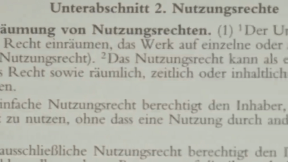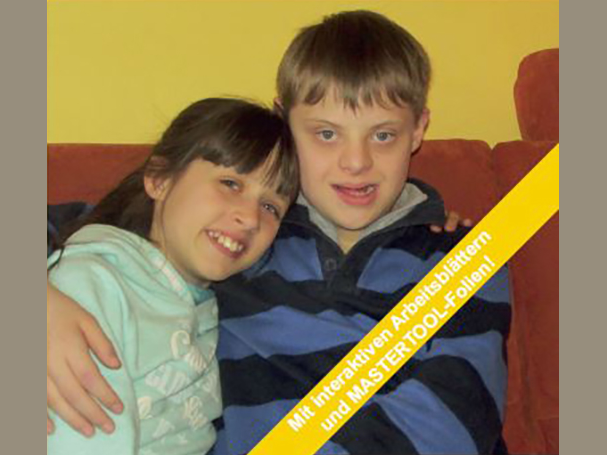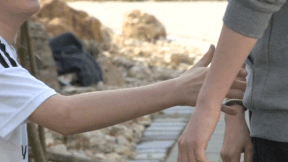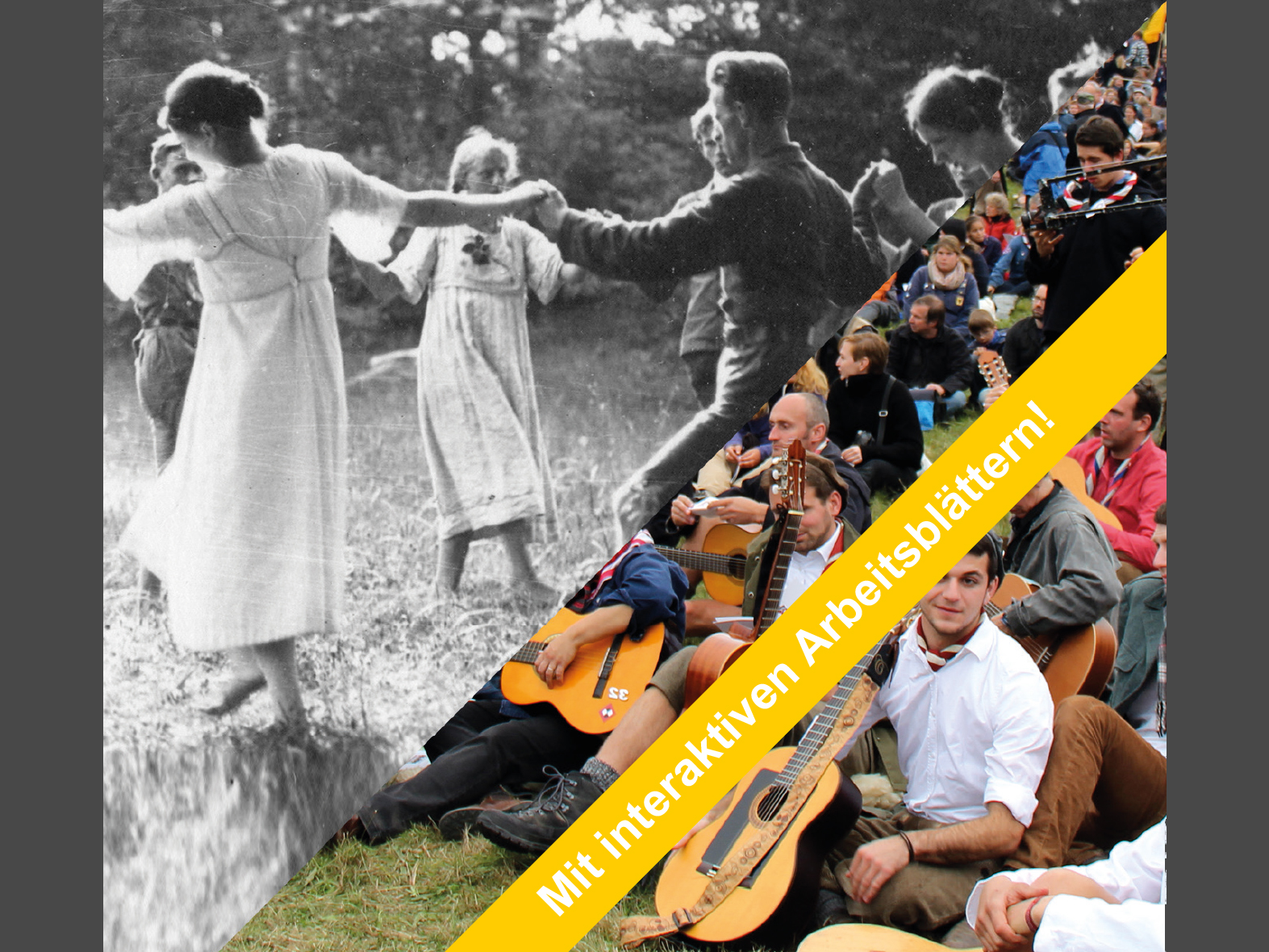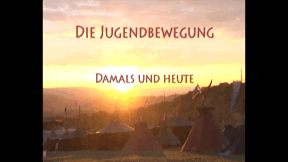 History
History
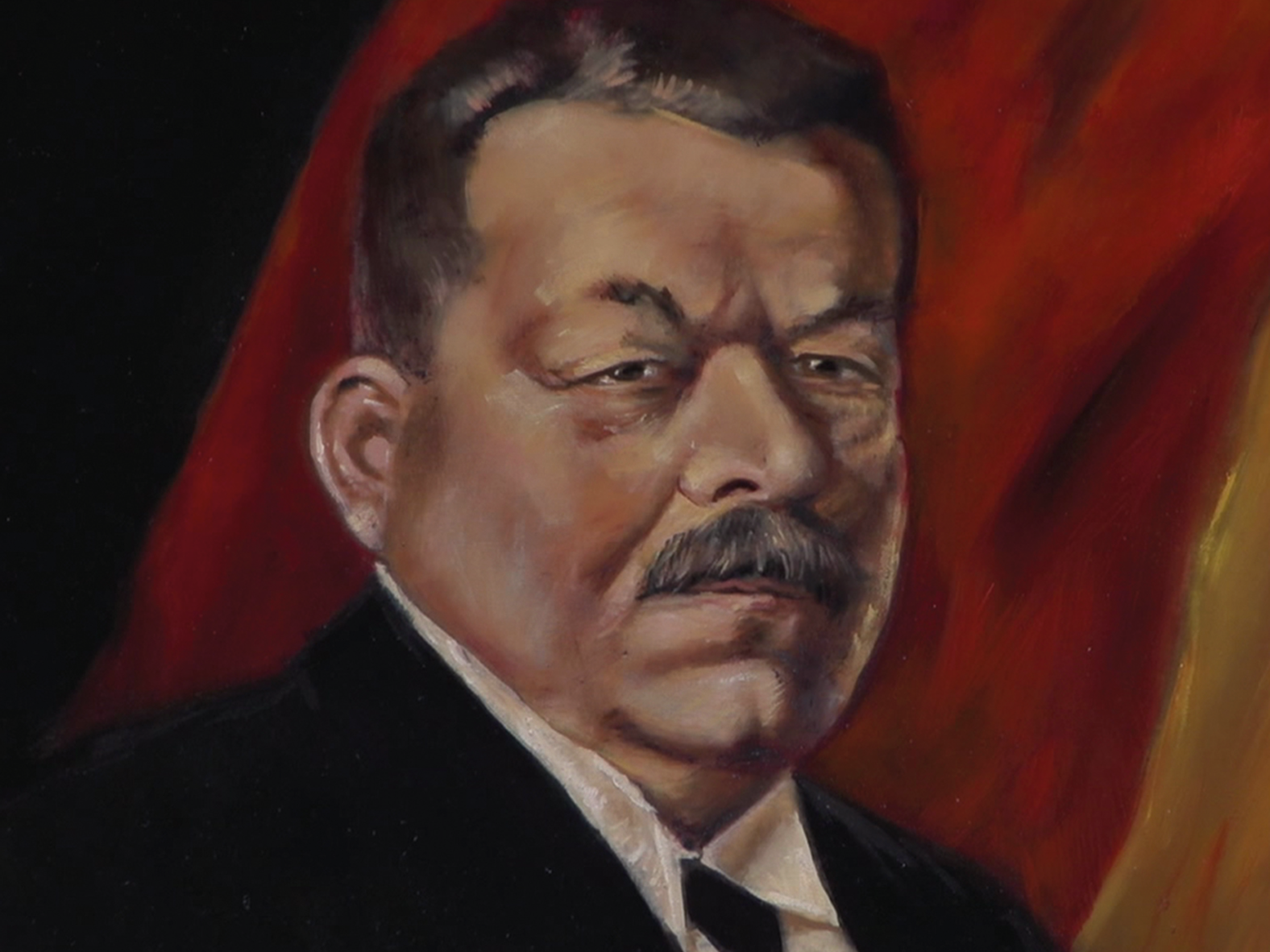

4675526 / 5563674
The Weimar Republic
The First Democracy in Germany
In the heart of the federal state of Thuringia, there is the small town of Weimar, in which the cultural histories of Germany and Europe are blended together in a confined space.
Weimar was home to many great personalities: Goethe, Schiller, Herder, Bach, Liszt, Wieland, Cranach … and many more. Numerous museums and memorials remind us of these names and tell of glories long past in Weimar.
In the year 1919, the first freely elected parliament, the constituent National Assembly, convened in the Deutsches Nationaltheater (German National Theatre) in Weimar and adopted the first democratic constitution in the history of Germany. At the Deutsches Nationaltheater in Weimar, the colours Black, Red, Gold were revealed on July 31, 1919 for the first time as the national flag of Germany.
The period of 1919 to 1933, in other words between the end of the emperor’s reign and the rule of National Socialism, was referred to after the Second World War as the “Weimar Republic”.

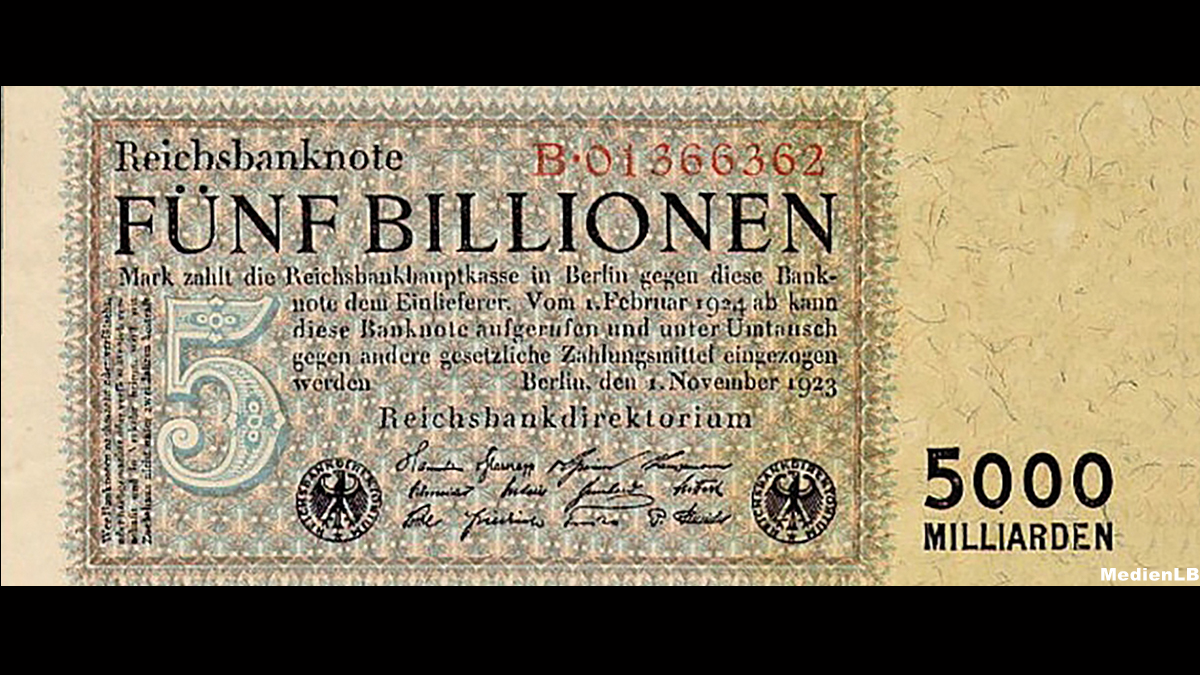
Curriculum-centred and oriented towards educational standards
Matching
Copyright
Copyright is subject to constant change to keep up with technological advances. This film enables the viewer to grasp the basic principles of this extremely intricate matter. By way of introduction, the film defines what an author is, what kinds of works there are and how long a work is protected on principle. Then the fundamental rights of an author are cited and it is shown how these are exploited in our times. In the third chapter, the respective rights are illustrated by way of practice-oriented examples of books, photos, music and films. Here, of course, an emphasis is laid on the field of education, taking into account the latest case law within the EU and Austria in particular. A further chapter highlights the problems arising with the Internet and goes into the citation law and pirate copies. All in all, in this way the viewer is made familiar with the most important basic terms and their meanings. Comprehensive worksheets and additional accompanying material invite us to deepen our knowledge of the subject.
Youth Movement
Dancing until your feet hurt: Here, at the meeting on the Hoher Meissner near Kassel, 3,500 participants from Boy Scout associations, youth and Wandervogel groups from all over the German-speaking region have gathered. They want to celebrate, simply get to know each other and commemorate a historic anniversary.





